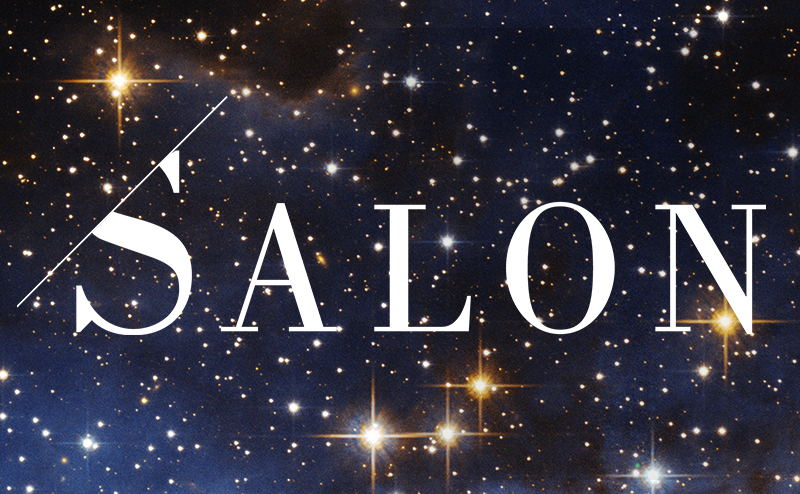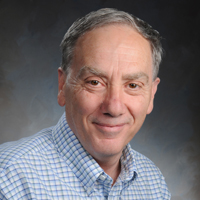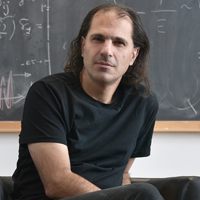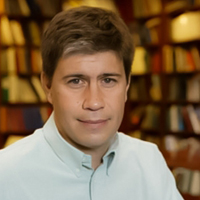Leading physicists, astronomers, and astrophysicists discuss how they are pushing the boundaries of scientific imagination to develop experiments that test the seemingly untestable theories of multiverses, eternal inflation, and exotic particles. Join the conversation about their plans to recreate the big bang in particle accelerators here on Earth, as well as their quest to sift through signals from the farthest edges of space for the existence of a multiverse. The stakes are high — as they attempt to answer some of science’s biggest questions, they are testing the limits of experimental and observational science itself.
This program is part of the Big Ideas Series, made possible with support from the John Templeton Foundation.















